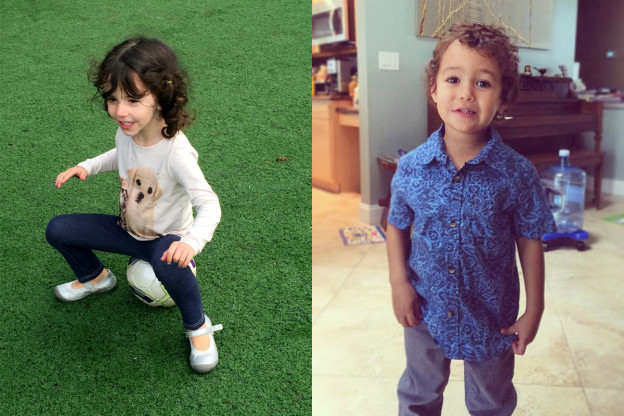Here is another video from Japan talking about how to help move children along the road to independence and become a successful adult. In my previous post I talked about how children learning to take care of their personal and self-help needs and learning to be responsible for chores is vital to their development and independence. Now let’s look a step further.
From everything I can discover, our country is a much safer place than it was 50 years ago; however, because of national media attention most people feel it’s getting more dangerous every year. We as parents are being pressured to feel and believe that the world is really dangerous and that our children shouldn’t be permitted to play alone in their front yards, let alone walk down the street to a park, or heaven forbid, walk to school by themselves. Times certainly are a-changing.
I grew up right outside of the city limits of Philadelphia in a rather typical 1950’s suburban neighborhood. Our house happened to sit on a highway, US route #1, a very busy road that happened to sit at the intersection of another busy road. I prided myself in my ability to wake in the middle of the night from a deep sleep at the sounds of tires squealing and get to my window in time to see the cars actually crash. My sister and I walked to school along and across that highway for one mile every day, starting with kindergarten, as did every other kid in the area.
At the age of eleven I started a snow removal business, having contracted with many of the families and a few businesses in the area and having hired a couple of my friends to work for me. On school nights if it was supposed to snow, I would stay up and wait for the snow and would hit the streets as soon as it started coming down, often working from two or three am until it was time to go to school. My parents were proud of my initiative, and if they had anxiety over my being out on the streets in the middle of the night, I never knew it. I suspect they might have had a twinge or two of apprehension; but if they did they kept it to themselves.
Before I start getting hate mail, let me say that I’m not suggesting that you let your kids go out by themselves and roam the streets in the middle of the night, or that you have your seven-year-old daughter take a couple of trains by herself though a busy city to get to school. But I am saying that as parents we need to look for opportunities for our kids to do things independently and take some journeys.
I’ve had a number of occasions during my meetings with kids and their parents to challenge and push the parents. When traveling to our chapters, I often do evaluations out of suites in hotels and more often than not, Embassy Suites hotels. Most of these hotels have fewer than ten floors of rooms built around a central atrium, with glass front elevators at one end. Riding the elevators is often the highlight of the child’s trip. While working out of these hotels, I have on many occasions encouraged a parent with a teenage child with perhaps Down syndrome or one on the autism spectrum or even learning or attention problems to let their child go down to the lobby and retrieve the other parent. Often the suggestion is met with shock. The child wasn’t shocked, the parent was. To put this into perspective, because of the layout of the hotel you could watch the child go down the hallway, into and down the elevator, and even look down and watch them in the lobby. It should also be mentioned that during the day when we are doing the evaluations, the hotel is pretty much empty. As many times as I have done this, I’ve never had a child have the least bit of an issue. They listened to the directions, followed the directions, and just did it. The problem wasn’t with the child; it was with the parent.
We need to give our children the opportunity to do things independently to teach them independence. Independence teaches confidence, self-reliance, and initiative, all very important, very necessary lessons for all children, whether typical or special needs.
Lest you think that I just talk the talk and don’t walk the walk, my son, Laird, who now at 27 basically runs daily operations at NACD, was hauling 40-pound bales of hay to our Scottish Highland cattle first thing in the morning, in the dark, through the snow, often at temperatures below zero by himself at the age of 5. He didn’t need to be pushed or prodded or given candy as a reward, it was simply one of his jobs and he was proud to do it. He is better for the experience.
As parents, each of us needs to look at our children and evaluate their capabilities, determine what challenges they can handle, and let them go. It’s part of our job.

 I received a note from one of our dads today. Simon has his three children on program. Today he shared a couple of things his son, eight-year-old Noah, had just said. Noah is smart, fun, a fledging stand-up comic, has very good processing, and academically now is on a 5th grade level.
I received a note from one of our dads today. Simon has his three children on program. Today he shared a couple of things his son, eight-year-old Noah, had just said. Noah is smart, fun, a fledging stand-up comic, has very good processing, and academically now is on a 5th grade level.